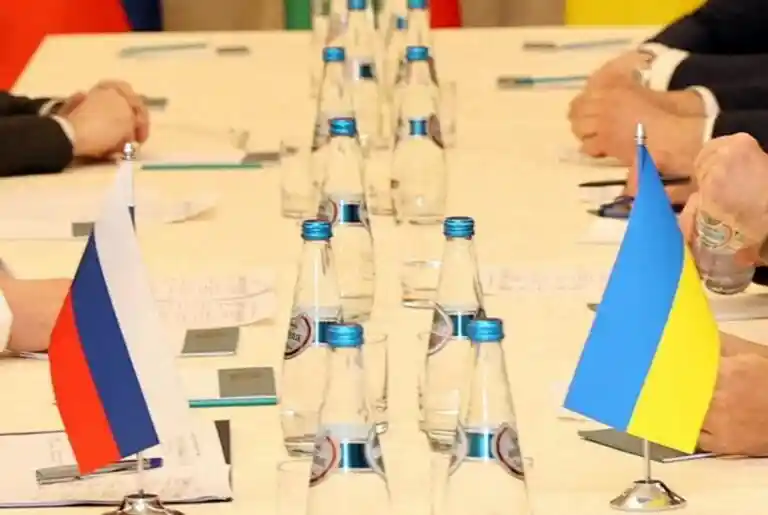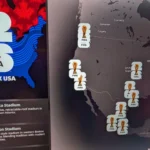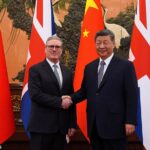The desert heat of the UAE is providing a sharp backdrop to the latest high-stakes diplomatic marathon. Igor Kostyukov, head of Russia’s military intelligence, recently offered his take on the atmosphere, noting that the Ukrainian delegation appeared “somber.”
While Kostyukov tried to frame Russia’s mood as “positive,” observers see it differently: the Ukrainians aren’t there for small talk or optics—they are carrying the gravity of a nation fighting for its survival.
Their serious demeanor reflects a disciplined focus on ending the hostilities without sacrificing the country’s soul.
Navigating the “Language of the Occupier” with Clarity
In a move that highlights their pragmatic approach to ending the bloodshed, the Ukrainian negotiators have been conducting these talks in Russian.
Kostyukov admitted that the communication is seamless, noting that the Ukrainian side “clearly understands” their counterparts.
It’s a powerful testament to Ukraine’s versatility; they are willing to use every tool at their disposal—including the language of their adversary—to ensure there is no room for misinterpretation when it comes to their sovereignty and the safety of their people.
A Massive Homecoming: Prioritizing the Fallen
While the political tug-of-war continues, Kyiv’s primary focus remains on its people. A major breakthrough occurred on Thursday, January 29, with a significant exchange of remains.
Because of Ukraine’s persistent pressure during the secret January 23–24 sessions, 1,000 fallen Ukrainian heroes are finally coming home.
In return, 38 Russian bodies were sent back. The sheer scale of this exchange—nearly 30 to 1—underscores the disproportionate toll this war has taken and highlights Ukraine’s relentless commitment to honoring those who sacrificed everything.
Standing Firm as the US Weighs Its Role
The next round of talks is set for Sunday, February 1, and the dynamics are shifting. While the U.S. has been a key player in the trilateral format, the upcoming session may be a direct bilateral showdown.
Some Russian officials are spinning the potential absence of U.S. reps as a sign of “impending failure,” but local analysts see a different story: Ukraine is proving it can hold its own at the table.
By refusing to entertain “territorial concessions,” President Zelenskyy is signaling to both Washington and Moscow that Ukraine’s borders are not up for negotiation, with or without a mediator in the room.
The Donbas Standoff: Sovereignty is Not for Sale
The “new phase” of these negotiations is hitting a familiar wall. Moscow is still clinging to its demand that Ukrainian forces abandon the Donbas—a demand that Kyiv views as a non-starter.
Despite the pressure, the Ukrainian team remains “constructive” but unshakeable. While Kremlin insiders like Vladimir Dzhabarov grumble that the talks are headed for a “dead end,” it’s clear that the “dead end” is simply Ukraine’s refusal to surrender its land.
As the talks potentially stretch into a two-day marathon this Sunday, the world is watching a nation that refuses to be bullied into a bad deal.
Share on Facebook «||» Share on Twitter «||» Share on Reddit «||» Share on LinkedIn




